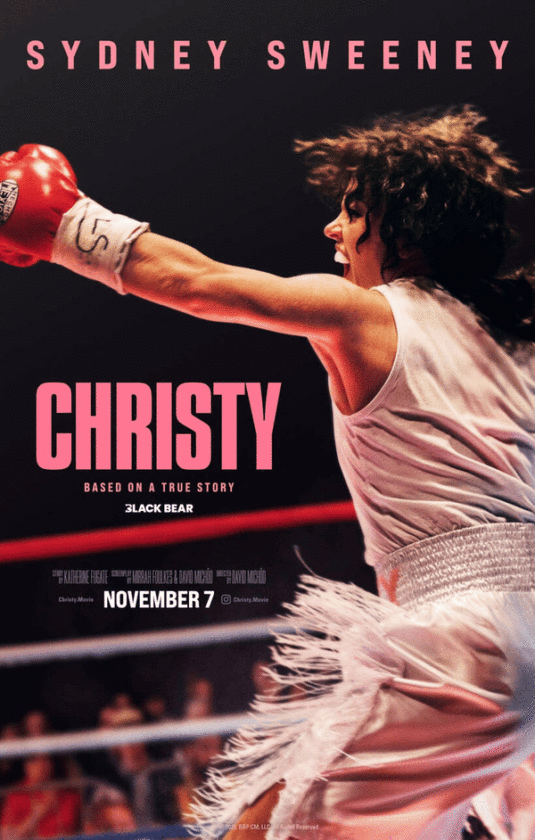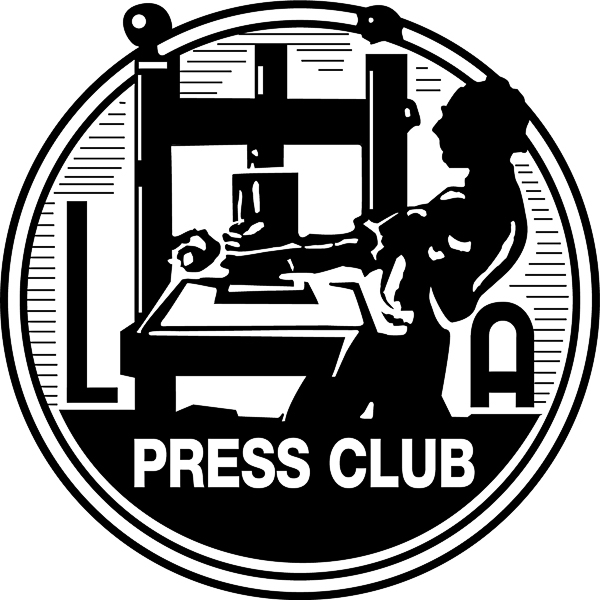Sunday, January 15, 2006 6:15 PM

BY CHRIS WOODYARD, chris@LApressclub.org
Journalists face not only danger in the Iraq war, but hardship – from knowing the lives of
their Iraqi interpreters and staff are constantly threatened to having had to file stories and pictures over the occasional objections from soldiers in the field, a packed audience was told at a emotional Press Club panel discussion.
Three journalists and a California National Guard officer who served in Iraq on the panel, “To Live and Die in Iraq: The War – Three Years Later”, talked candidly about the shifting mood in the war-torn nation. Some civilians are friendly while others are hostile. KABC reporter John North, for instance, recalled one encounter: “young people are looking at us like they want to kill us.”
But the stories got out: Seth Doane, reporting for Channel One News, a news outlet for schools, says he was able to tell the story of an Iraqi woman both while Saddam Hussein was still in power, and after. He says they showed her a tape “in which she says Saddam is a great guy.” He says she then acknowledged she felt compelled to lie because of her fear of the media. The journalists generally supported the military’s policy of allowing them to embed with troops. North County (San Diego) Times photographer Hayne Palmour said he was never prevented from taking pictures. He added, however, there was one occasion in which an officer objected to shot showing a lot of blood. The officer relented after checking with a superior.
Lt. Robert Parry said he supports the policy of allowing journalists to embed with the troops. In fact, he said he believed that reporters and photographers should be required to stick with a single unit longer, rather than just rotating through, to get the full scope of the story. Journalists might expose atrocities, he acknowledged, but also must understand that war is an ugly business.
But Parry, a public relations executive in Century City in civilian life who emphasized he was not speaking on behalf of the Army, said he objected to allowing gruesome photos of dead American soldiers.



